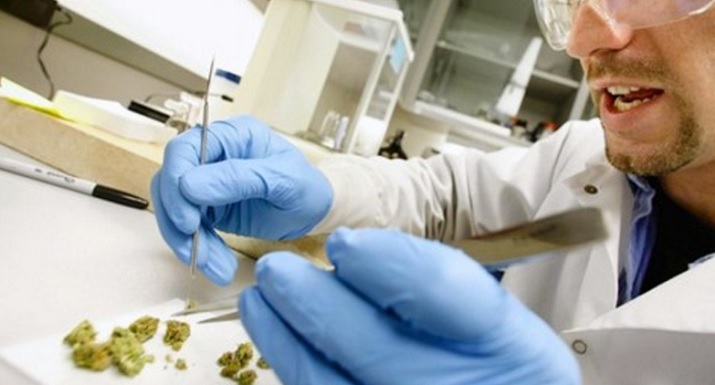
Scientific studies increasingly support that marijuana legalized for medicinal purposes helps to reduce opioid use and abuse.
According to newly published data by the Minnesota Department of Health, 63% of patients using opiate pain medication upon their enrollment into the state’s medical marijuana program were able to “reduce or eliminate opioid usage after six months,” The Hill reports.
Minnesota’s pro-medical marijuana conclusion is becoming commonplace. In 2016, data was compiled from patients enrolled in Michigan’s medical marijuana program and reported that marijuana treatment “was associated with a 64% decrease in opioid use, decreased number and side effects of medications, and an improved quality of life.”
A review of state-registered patients from several northeastern states returned similar results, finding that 77% of respondents said they’d reduced their use of opioids after starting medical marijuana therapy. A large percentage of survey respondents also reported decreasing their use of anti-anxiety medications (72%), migraine medications (67%), sleep aids (65%) and some antidepressants (38%).
A 2017 assessment of medical marijuana patients in Illinois determined that participants in the state’s medical marijuana program reported frequent use of marijuana “as an alternative to other medications — most commonly opioids, but also anticonvulsants, anti-inflammatories, and over-the-counter analgesics.”
New Mexico patient data indicates that, compared to non-marijuana users, medical marijuana patients “were more likely either to reduce daily opioid prescription dosages between the beginning and end of the sample period (83.8% versus 44.8%) or to cease filling opioid prescriptions altogether (40.5% versus 3.4%).”
Two newly published clinical trials from Israel, where medical marijuana use is legal, further confirms this phenomenon. The first study assessed marijuana use among the elderly, and investigators reported that more than 18% of the participants “stopped using opioid analgesics or reduced their dose” in a 6-month period.
Researchers concluded that, “Cannabis can decrease the use of other prescription medicines, including opioids.” In the second trial, assessing the safety and efficacy of marijuana in a group of over 1,200 cancer patients, scientists reported that almost half of the respondents reported either a decrease or elimination of their use of opioids during their treatment.
Investigators from Columbia University’s Medical Center looked into the efficacy of low doses of inhaled marijuana and other sub-therapeutic doses of oxycodone on experimentally induced pain in a double blind, placebo-controlled study model. They concluded that while neither the administration of marijuana nor oxycodone alone significantly eliminated the subjects’ pain, the combination of both medications was effective.
The authors determined that, “Both active cannabis and a low dose of oxycodone (2.5 mg) were sub-therapeutic, failing to elicit analgesia on their own; however, when administered together, pain responses … were significantly reduced, pointing to the opioid-sparing effects of cannabis”. They concluded that, “Smoked cannabis combined with an ineffective analgesic dose of oxycodone produced analgesia comparable to an effective opioid analgesic dose without significantly increasing cannabis abuse liability.”
The science-backed pro-marijuana data are consistent, concise and accruing.
 Georgia Marijuana | GA Marijuana GA Marijuana News and Info
Georgia Marijuana | GA Marijuana GA Marijuana News and Info





